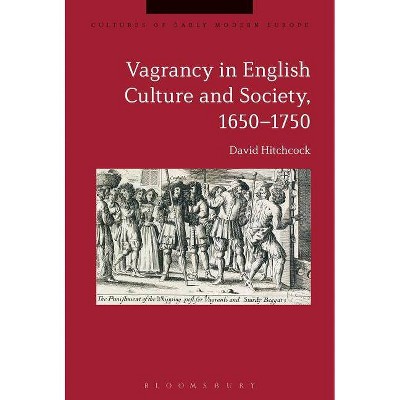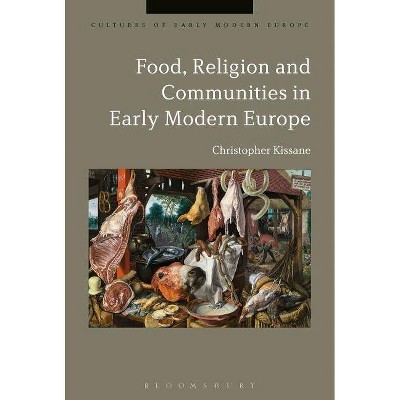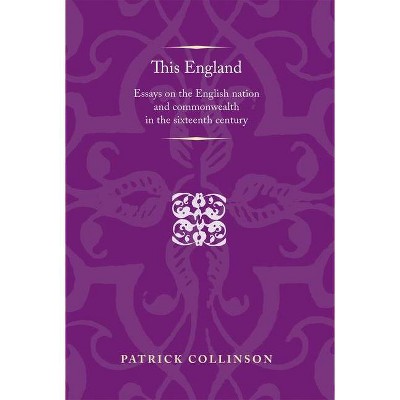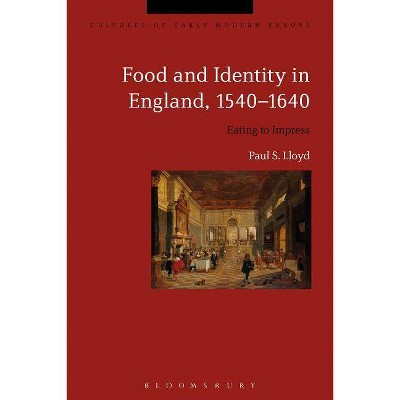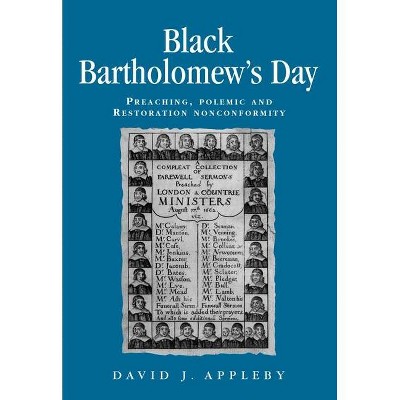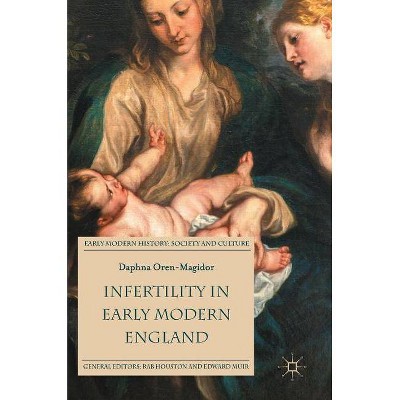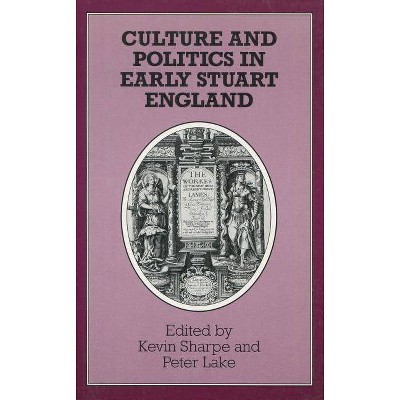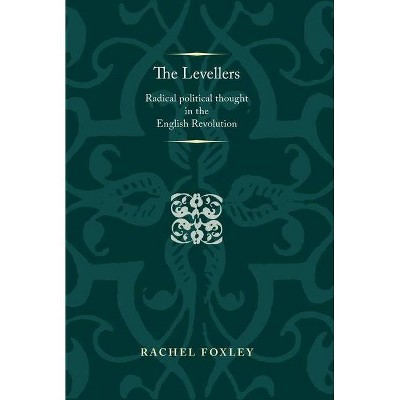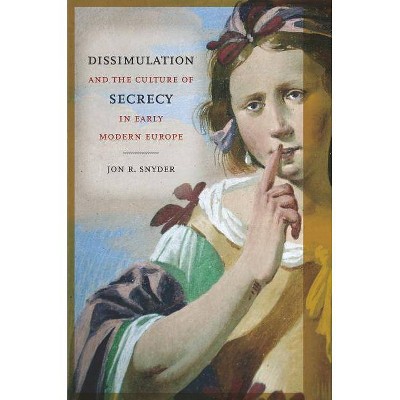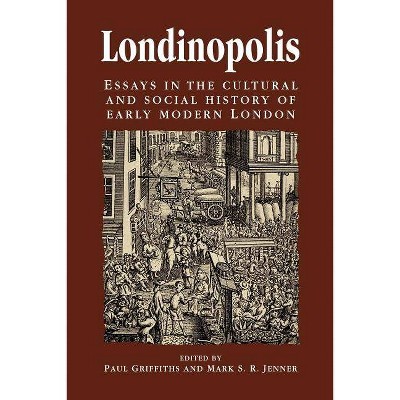Gender, Culture and Politics in England, 1560-1640 - (Cultures of Early Modern Europe) by Susan D Amussen & David E Underdown (Paperback)
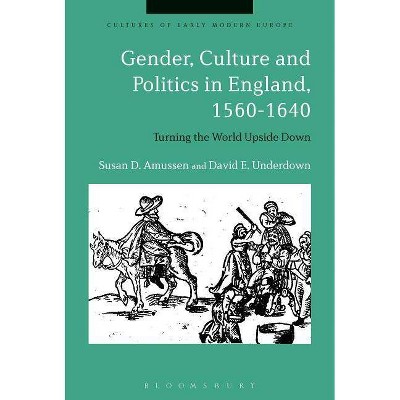
Similar Products
Products of same category from the store
AllProduct info
<p/><br></br><p><b> Book Synopsis </b></p></br></br><i>Gender, Culture and Politics in England, 1560-1640</i><b> </b>integrates social history, politics and literary culture as part of a ground-breaking study that provides revealing insights into early modern English society.<br/> <br/> Susan D. Amussen and David E. Underdown examine political scandals and familiar characters-including scolds, cuckolds and witches-to show how their behaviour turned the ordered world around them upside down in very specific, gendered ways. Using case studies from theatre, civic ritual and witchcraft, the book demonstrates how ideas of gendered inversion, failed patriarchs, and disorderly women permeate the mental world of early modern England. Amussen and Underdown show both how these ideas were central to understanding society and politics as well as the ways in which both women and men were disciplined formally and informally for inverting the gender order. In doing so, they give a glimpse of how we can connect different dimensions of early modern society.<br/> <br/> This is a vital study for anyone interested in understanding the connections between social practice, culture, and politics in 16th- and 17th-century England.<p/><br></br><p><b> Review Quotes </b></p></br></br><br>An invaluable synthesis of scholarly material for undergraduates studying early modern gender, literature and social history ... The writing is accessible and elegant ... The authors' conceptual framework of 'inversion' and emphasis on the importance of reciprocity in gender relations are stimulating contributions to the historiography.<br/>The English Historical Review<br><br>No-one is better placed to forensically examine the powerful idea of the world turned upside-down, and the unruly women and incompetent men that peopled popular fantasy. In this far-reaching exploration of families, rituals, politics and drama, we begin to understand how fragile order could seem in the early modern world, and why ordinary people as well as monarchs were so preoccupied with testing its limits. An outstanding and necessary piece of social and cultural history.<br/>Laura Gowing, King's College London, UK<br><br>Tracing gender's power in domesticity, drama and civic life, Susan Amussen and David Underdown provide an object lesson in the benefits of writing across the artificial separations of political, social and cultural history. A must-read for everyone eager to understand the inner worlds of early modern peoples.<br/>Cynthia B. Herrup, John R. Hubbard Professor of History and Professor of Law, Emerita, University of Southern California, USA<br><p/><br></br><p><b> About the Author </b></p></br></br><p><b>Susan D. Amussen</b> is Professor of History at the University of California, Merced, USA. She is the author of <i>Caribbean Exchanges: Slavery and the Transformation of English Society, 1640-1700</i> (2007) and <i>An Ordered Society: Gender and Class in Early Modern England</i> (1988). She is also the editor of <i>Attending to Early Modern Women</i> (1998; with Adele Seeff) and <i>Political Culture and Cultural Politics in Early Modern England</i> (1995; with Mark A. Kishlansky). <p/>The late <b>David E. Underdown</b> was George Burton Adams Professor of History at Yale University, USA. He is the author of <i>A Freeborn People: Politics and the Nation in Seventeenth-Century England</i> (1996), <i>Fire from Heaven: Life in an English Town in the Seventeenth Century</i> (1992), <i>Revel, Riot and Rebellion: Popular Politics and Culture in England, 1603-1660</i> (1985) and <i>Prides Purge: Politics in the Puritan Revolution</i> (1971).</p>
Price History
Price Archive shows prices from various stores, lets you see history and find the cheapest. There is no actual sale on the website. For all support, inquiry and suggestion messages communication@pricearchive.us
